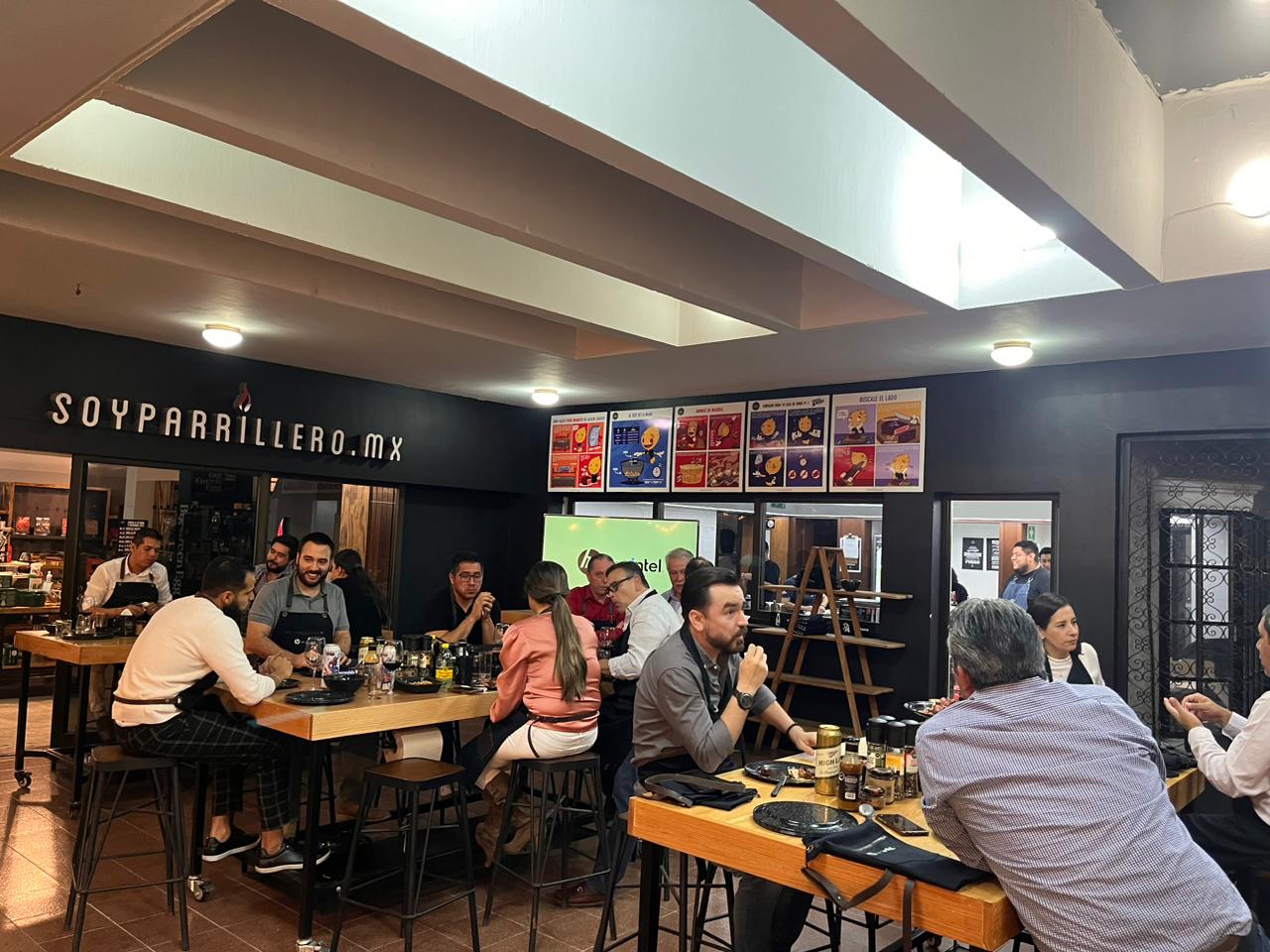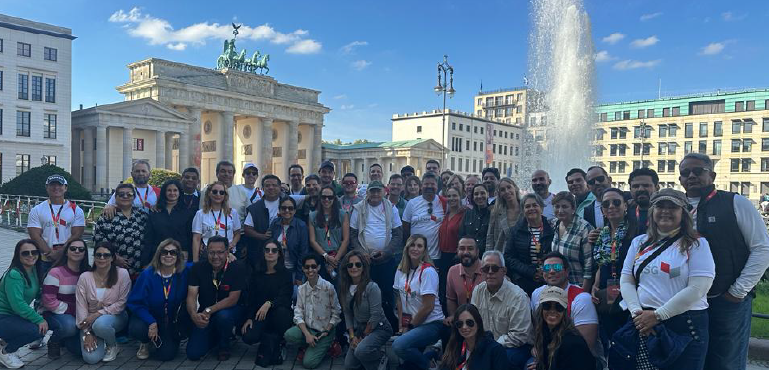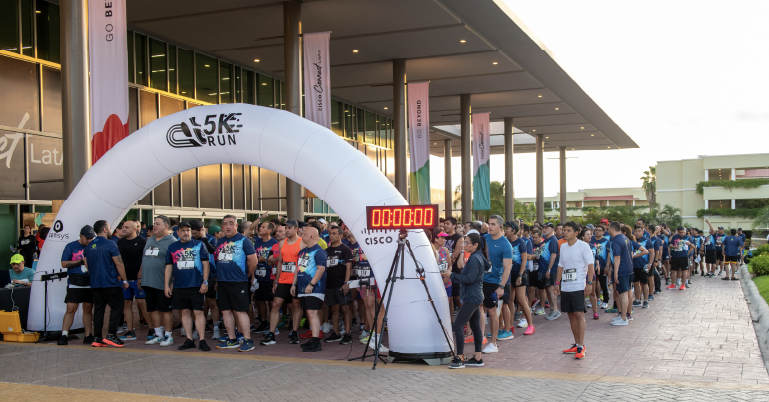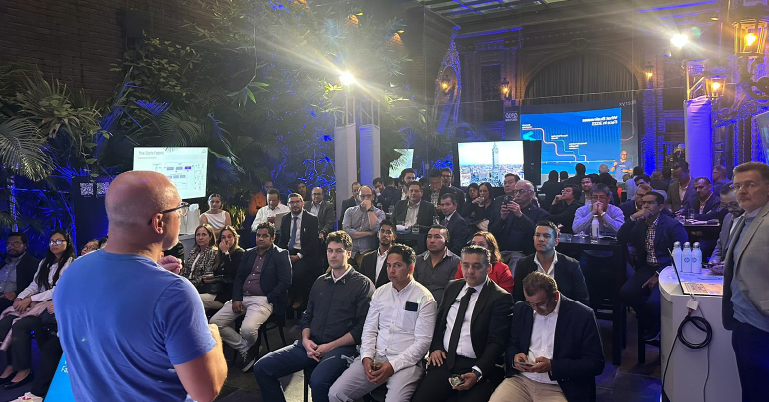The world is your stage: events without limits or borders
Organizing international events presents a unique set of challenges and opportunities that require meticulous planning and innovative solutions. As companies seek to expand their global reach, international events become essential platforms for building relationships, exchanging ideas and promoting products or services. Here we will explore the main challenges of organizing events internationally and some effective strategies to overcome them.
 1. Cultural diversity and language barriers
1. Cultural diversity and language barriers
One of the main challenges in organizing international events is cultural diversity. Each country has its own norms, values and customs that can influence the perception and success of an event. To address this, it is crucial to conduct thorough cultural research and work with local experts who understand cultural sensitivities. Customizing the event content and experience to suit different cultures can significantly improve attendee engagement and satisfaction.
Language barriers can also complicate communication during the event. Offering translation and interpretation services, as well as bilingual materials, can facilitate interaction and ensure that all participants understand the content and feel included.
 2. Logistics and coordination
2. Logistics and coordination
The logistics of an international event can be complex due to differences in time zones, local regulations and resource availability. It is critical to establish effective coordination between local and international teams to manage all aspects of the event, from transportation to accommodations and necessary permits.
Technology plays a crucial role in streamlining logistics. Project management tools and online communication platforms can improve collaboration and help keep everyone involved informed and aligned with event objectives.
3. Legal and regulatory compliance
Each country has its own laws and regulations that may affect the organization of events. These include permits, security restrictions, taxes and labor regulations. Working with local legal counsel and compliance professionals is essential to ensure that the event complies with all applicable laws and to avoid potential legal problems.
 4. Budgeting and financing
4. Budgeting and financing
International events often involve higher costs due to transportation, lodging and specialized services. Effective budget management is key to ensuring that the event is financially viable. Identifying and securing local sponsors or partners can provide additional financial support and increase the visibility of the event.
5. International marketing and promotion
Promoting an event internationally requires marketing strategies tailored to diverse audiences. It is important to use a combination of digital and traditional channels to reach potential attendees in different regions. Collaborating with local influencers and media can increase visibility and attract a wider audience.
Innovative Solutions to Overcome Challenges
To address these challenges, event agencies have adopted several innovative solutions:
* Use of Technology: Virtual platforms and mobile applications can enhance the event experience, allowing attendees to access real-time information, interact with speakers and participate in activities from anywhere.
* Collaboration with Local Partners: Partnering with local suppliers and experts can facilitate logistics and ensure a culturally sensitive approach. These partners can offer valuable insights into local preferences and help build relationships with local communities.
* Flexibility and Adaptability: The ability to adapt to unexpected changes is crucial in organizing international events. This includes preparing for contingencies such as climate change, economic fluctuations or unstable political situations.
* Emphasis on Sustainability: Sustainable events are gaining popularity internationally. Implementing sustainable practices, such as waste reduction and the use of eco-friendly materials, not only benefits the environment but also enhances the reputation of the event.
 Organizing a successful international event requires a thorough understanding of the unique challenges it presents and the implementation of strategic solutions. With careful planning, collaboration with local experts and the use of innovative technologies, companies can create memorable and effective events that promote growth and connection.
Organizing a successful international event requires a thorough understanding of the unique challenges it presents and the implementation of strategic solutions. With careful planning, collaboration with local experts and the use of innovative technologies, companies can create memorable and effective events that promote growth and connection.








